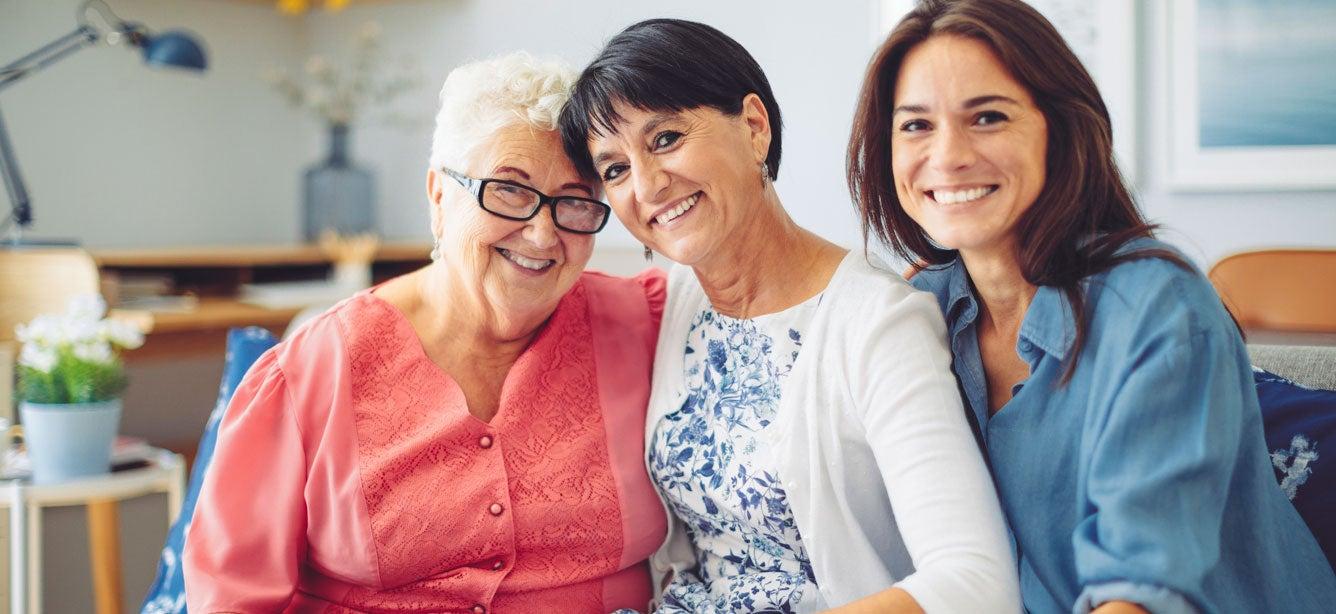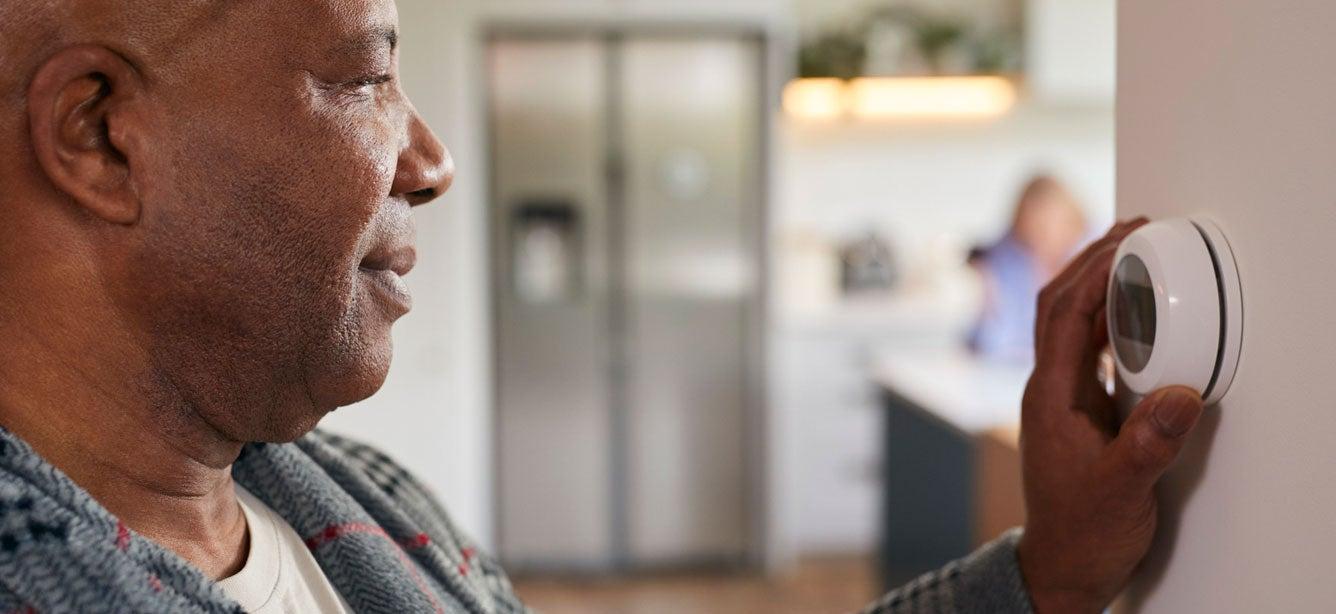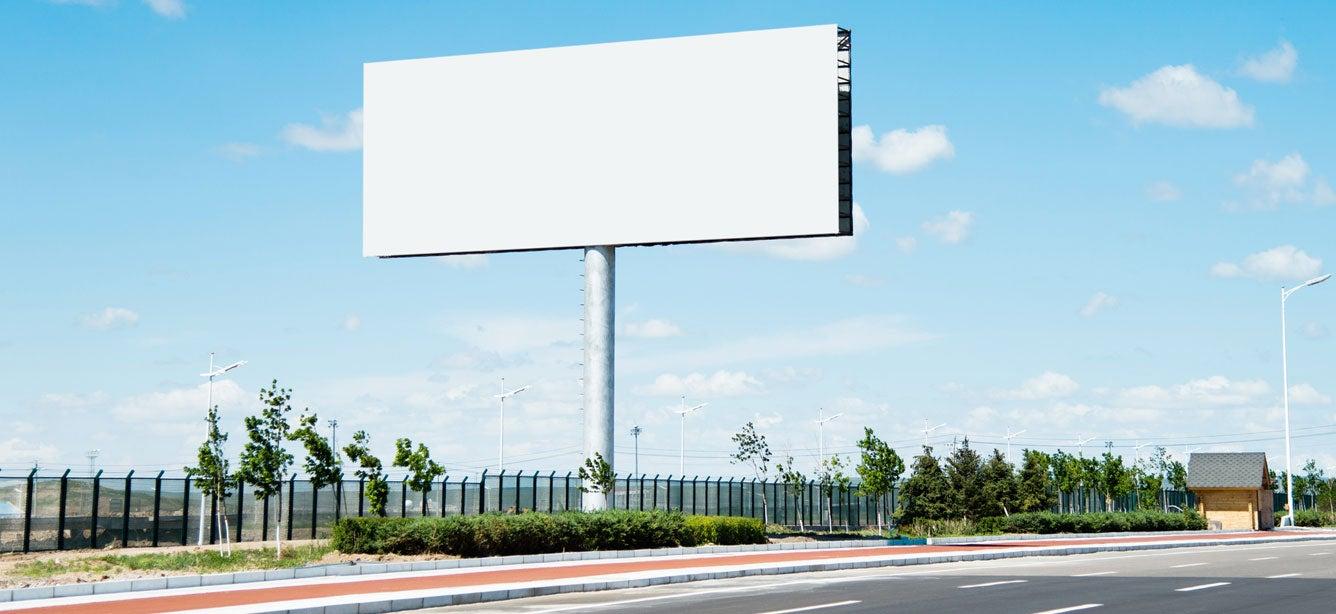Connecting Four Unique Populations to Benefits Information
2 min read

Across the country, State Health Insurance Assistance Programs (SHIPs), Area Agencies on Aging (AAAs), and Aging and Disability Resource Centers (ADRCs) are coming up with new strategies to reach low-income Medicare beneficiaries with information about how Medicare and benefits can keep them healthy and financially secure.
Here are just a few highlights, as submitted in their Medicare Improvements for Patients and Providers Act (MIPPA) narrative reports to the U.S. Administration for Community Living.
9-1-1 Super Utilizers
Many towns and cities have 9-1-1 “super utilizers”—individuals who are over-reliant on emergency services to manage their chronic conditions. In Colorado, one ADRC has partnered with their community fire department’s Life Safety Team to identify and reach out to 911 super utilizers. The agency has found many of these clients are older/disabled and have not accessed benefits like Extra Help and the Medicare Savings Programs (MSPs), which can help them better manage their health and finances.
The Sandwich Generation
The Minnesota Board on Aging and AAAs sponsor a weekly segment on KARE-11, the state’s largest NBC affiliate. The segment—called Sandwich Generation—provides helpful tips to seniors and those caring for older relatives and children. During one segment, a AAA staff member highlighted the benefits available to Medicare beneficiaries with lower incomes, resulting in an immediate spike to calls to the state’s Senior LinkAge Line®. Following each segment is a 30-second ad for the state’s information hotline; MIPPA staff also developed a Sandwich Generation guide that is featured on the TV station’s webpage.
Helping the Homeless
Recent widespread flooding in California caused a sharp increase in the homeless population, both chronic and new, who struggled with lost documents, eligibility forms, and program renewal notices. The Santa Clara HICAP (California SHIP) has focused on reaching these beneficiaries through partnerships with community clinics, the Hospital to Home Collaborative, and the Gardner Family Health Network. Of special note is their outreach reach to patrons of Dignity on Wheels—a mobile van that offers laundry and shower services to the homeless.
Mine workers
In West Virginia, MIPPA agency representatives attended five United Mine Workers of America events, where thousands of coal miners and their family members gathered. The miners—some of whom were in jeopardy of losing their health benefits and miner pensions—learned about Medicare insurance options, Extra Help, and MSPs. Many miners were unaware of the two benefits, and already have family members who may be eligible for assistance.



